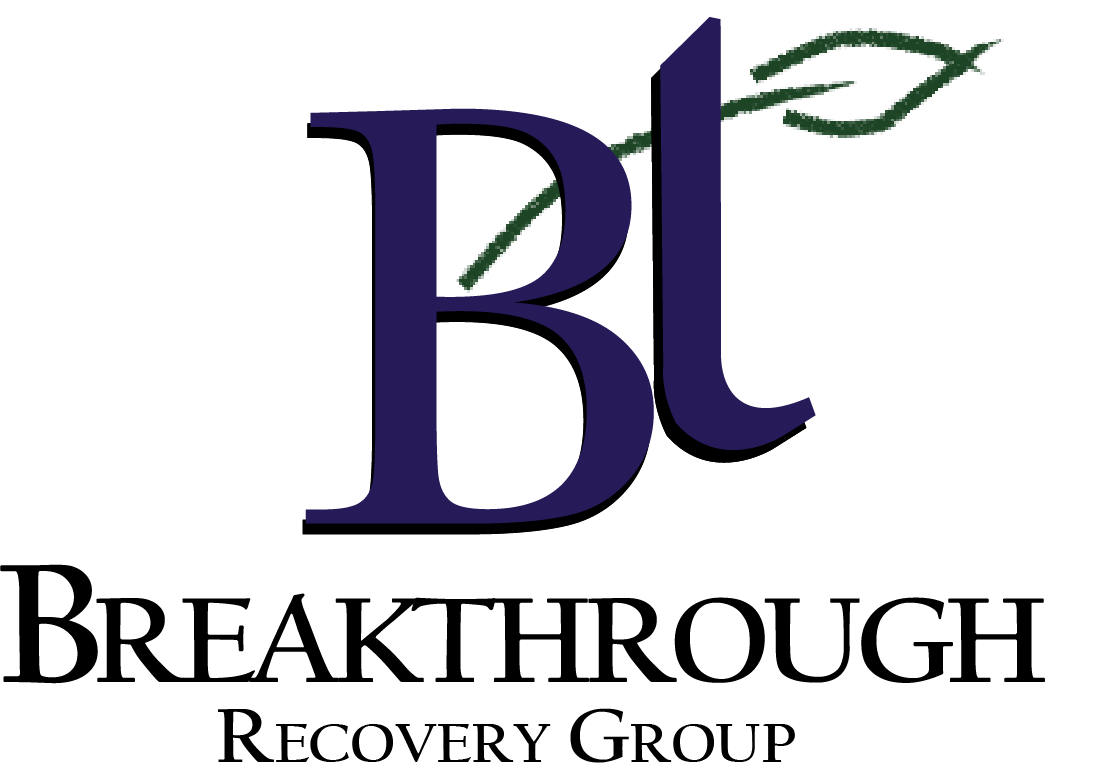
Exploring Treatment Options for Recovery
Discovering the variety of treatment options available can be daunting, yet it’s a crucial step toward recovery. In Spokane, inpatient treatment centers offer an array of services tailored to meet individual needs, focusing on holistic recovery paths that blend medical and therapeutic interventions. These centers aim to provide safe, supportive environments where individuals can begin their healing journey with confidence and clarity.
From detoxification programs to residential treatments, these facilities prioritize a structured, compassionate approach. By offering a continuum of care, they ensure that each person receives the appropriate level of support during every phase of their recovery process. The emphasis on evidence-based practices allows for a comprehensive approach to addressing substance use disorders and co-occurring mental health issues. As each path to recovery is unique, the flexibility and breadth of services are invaluable in creating personalized treatment plans.
In my professional experience at BTRG Spokane, I have witnessed firsthand the profound transformation individuals undergo when they access the right care. Embracing a multidisciplinary approach, we incorporate therapeutic modalities that align with each client’s specific challenges and goals. This individualized focus nurtures empowerment and resilience, key components in achieving lasting recovery.
Importance of Detox Programs
Detoxification programs serve as the critical first step in the recovery journey at Spokane inpatient treatment centers. The primary aim is to safely remove harmful substances from the body while managing withdrawal symptoms effectively. This stage requires careful medical monitoring to ensure patient safety and comfort, setting the foundation for further therapeutic work.
At our facility, we emphasize the significance of medical oversight during detox. Our skilled team of professionals provides 24/7 care, ensuring that clients experience minimal discomfort, which is crucial for maintaining motivation and engagement in the recovery process. By addressing both the physical and psychological aspects of withdrawal, we enhance the likelihood of successful detoxification and transition into subsequent treatment stages.
Personal insights shared by our clients often highlight the relief and hope they felt upon completing detox. Many describe it as a critical turning point, where they began to envision a path forward without dependence. Such feedback underscores the transformative potential of a well-executed detox program.
Incorporating a compassionate approach during detox fosters trust and openness between clients and their care providers. This relationship is vital for cultivating a supportive treatment environment, one where individuals feel valued and understood as they navigate the complexities of early recovery.
Residential Treatment Benefits
Residential programs at Spokane inpatient treatment centers provide a structured, immersive environment crucial for individuals needing intensive care. These programs offer 24-hour supervision and support, positioning clients in a stable setting away from external triggers and stressors that may hinder their recovery efforts.
Through a blend of individual therapy, group counseling, and life skills development, residential treatment aims to equip clients with tools to manage their addiction and build a healthier life. Integrated care models address both substance use and co-occurring mental health disorders, fostering a comprehensive approach to recovery. Our approach at BTRG Spokane emphasizes collaboration with clients to tailor interventions aligned with their personal recovery goals.
In my experience, many clients find residential programs to be a pivotal stage in their recovery. The community aspect, coupled with continuous professional support, fosters a sense of belonging and accountability. These elements contribute significantly to maintaining motivation and reinforcing positive behavioral changes.
Outpatient Treatment Flexibility
Outpatient programs offer a flexible alternative for those who may not require the intensity of residential care or who are transitioning from inpatient treatment. These programs provide ongoing support while allowing individuals to continue with daily responsibilities such as work or education.
At Spokane inpatient treatment centers, outpatient care encompasses varying levels of intensity, from intensive day programs to weekly therapy sessions. This adaptability ensures that individuals receive the necessary support while maintaining some level of independence. The flexibility of outpatient services often appeals to those who have established a solid foundation during residential treatment and are ready to reintegrate into their communities while still engaging in recovery-focused activities.
Clients often appreciate the balance outpatient programs provide, allowing them to maintain progress in recovery without completely stepping away from their personal lives. This model fosters continuity of care and helps clients apply therapeutic strategies in real-world settings.
Innovative Therapeutic Approaches
Within Spokane inpatient treatment centers, there is a commitment to utilizing innovative therapeutic approaches that cater to the diverse needs of clients. Incorporating modalities such as Dialectical Behavior Therapy (DBT), Cognitive-Behavioral Therapy (CBT), and family therapy, these centers strive to offer comprehensive care that addresses all facets of recovery.
At BTRG Spokane, we have integrated creative therapies like art and music therapy into our treatment plans, recognizing the profound impact these modalities can have on emotional expression and healing. By engaging in these non-traditional therapeutic activities, clients often find new ways to process their experiences and emotions, contributing to their overall recovery journey.
Anecdotal evidence from clients often highlights the effectiveness of these approaches in enhancing self-awareness and fostering emotional resilience. The ability to explore emotions creatively can lead to breakthroughs that complement traditional psychotherapy methods.
Holistic Care for Recovery
Holistic care is a cornerstone of the treatment philosophy at Spokane inpatient treatment centers, focusing on healing the mind, body, and spirit. This approach acknowledges that recovery is a multifaceted process, requiring attention to various aspects of an individual’s well-being.
Incorporating mindfulness practices, nutritional guidance, and physical fitness into treatment plans supports overall health and recovery. At BTRG Spokane, our holistic offerings aim to fortify clients’ resilience and promote sustainable lifestyle changes. By fostering a culture of wellness, we empower individuals to take charge of their recovery journey actively.
Clients often express appreciation for the holistic approach, noting improvements not only in their sobriety but in their overall quality of life. Such feedback reinforces the value of addressing all dimensions of recovery, enabling individuals to thrive beyond treatment.
Understanding the interconnected nature of mental, physical, and emotional health leads to more effective treatment outcomes. By integrating holistic practices, we support clients in achieving a balanced, fulfilling life post-treatment.
Building Strong Support Networks
Establishing a robust support network is essential for sustained recovery and long-term success. Spokane inpatient treatment centers emphasize the importance of connecting clients with supportive communities both during and after treatment.
Group therapy sessions and peer support groups offer valuable opportunities for clients to share experiences and learn from others facing similar challenges. These interactions foster a sense of community and accountability, which are critical factors in maintaining motivation and preventing relapse.
At BTRG Spokane, we encourage clients to cultivate healthy relationships that can support their ongoing recovery efforts. By providing access to resources and support networks, we aim to empower individuals to build a strong foundation for life beyond treatment.
Personal stories from clients often highlight the impact of these support systems, describing how meaningful connections have bolstered their resilience and commitment to sobriety. Surrounding oneself with understanding and encouraging individuals is a powerful tool in navigating the complexities of recovery.
Personalized Care Plans
Personalization is a key tenet of effective treatment at Spokane inpatient treatment centers. By tailoring care plans to address the specific needs and goals of each client, centers can offer more targeted and impactful support.
At BTRG Spokane, our approach involves collaborative goal-setting with clients, allowing them to take an active role in shaping their recovery journey. By considering factors such as personal history, co-occurring disorders, and individual preferences, we create comprehensive plans that resonate with each client’s unique path to recovery.
Clients often report feeling more engaged and motivated when involved in crafting their treatment plans. This ownership fosters empowerment and accountability, essential components of successful recovery. By recognizing and celebrating each individual’s strengths and challenges, we aim to enhance their capacity for meaningful change.
Overcoming Barriers to Care
Access to care is a vital area of focus for Spokane inpatient treatment centers, as overcoming barriers is essential for effective recovery. Challenges such as financial constraints, stigma, and logistical issues can deter individuals from seeking the help they need.
At BTRG Spokane, we prioritize accessibility and inclusivity, striving to remove obstacles that may prevent individuals from accessing treatment. By offering flexible payment options, advocacy support, and educational resources, we aim to make our services more attainable for all members of the community.
Personal experiences shared by clients often highlight the relief and gratitude they feel upon accessing treatment despite initial barriers. These stories underscore the importance of a supportive and understanding approach to care, one that acknowledges and addresses the complexities of each individual’s circumstances.
Embracing Lifelong Recovery
Recovery is a lifelong journey that extends beyond the walls of Spokane inpatient treatment centers. Embracing a commitment to continuous growth and resilience is crucial for maintaining sobriety and overall well-being.
Clients are encouraged to view recovery as an ongoing process, one that involves regular introspection and adaptability. At BRTG Spokane, we provide tools and resources to support clients in their long-term recovery, including access to aftercare programs and alumni support networks.
Through personal insights and shared experiences, clients learn to navigate life’s challenges with a renewed sense of purpose and strength. This perspective shift often lays the groundwork for sustainable recovery, empowering individuals to thrive in their newfound sobriety.

What is an inpatient treatment program?
Inpatient treatment programs provide a structured and immersive environment designed to support individuals in overcoming substance use disorders and co-occurring mental health issues. At our Spokane center, an inpatient program involves residing at the facility for a set period, during which clients receive 24-hour support and supervision from a team of dedicated professionals. This program is ideal for those who need a highly supportive environment to focus solely on their recovery. It includes a combination of medical care, individual and group therapy, and holistic practices to address all aspects of well-being. Such comprehensive care helps stabilize individuals and equips them with the necessary tools to achieve sustained recovery.
Are you curious about the daily schedule in an inpatient program, or how these structured settings might benefit someone’s recovery journey? I’d be happy to dive deeper into those aspects.
What does inpatient mean in rehab?
In the context of rehab, “inpatient” refers to a treatment approach where individuals stay at the facility full-time while undergoing their recovery program. This setup allows for intensive support and minimizes external distractions or triggers that might disrupt the healing process. At BTRG Spokane, inpatient care is tailored to fit each client’s unique needs, providing a safe and controlled environment where they can focus on returning to health. Our team of professionals helps clients build resilience and develop coping strategies in a nurturing atmosphere, which is crucial for those requiring a higher level of care.
Interested in learning more about how inpatient care differs from outpatient treatment options, and which might be the best fit for different situations? Just let me know, and I can provide more insights based on specific scenarios.
How do Spokane inpatient treatment centers incorporate holistic care?
Spokane inpatient treatment centers, like ours at BTRG Spokane, adopt a holistic care approach that aims to heal the mind, body, and spirit. This philosophy acknowledges that recovery is complex and multifaceted, requiring attention to multiple aspects of an individual’s life. We integrate practices like mindfulness, nutritional guidance, and physical fitness into our treatment plans to enhance overall health and resilience. This holistic approach is highly valued by our clients, who often report improvements in their sobriety and overall quality of life. By promoting a balanced lifestyle, we empower clients to maintain long-term wellness post-treatment.
Have you considered how holistic practices might complement traditional therapy methods? I’d love to explore how these integrated strategies can bring about meaningful change.
What are the benefits of residential treatment at Spokane centers?
Residential treatment offers many benefits, especially for those requiring intensive support in their recovery journey. At our Spokane center, we provide a stable, immersive environment free from external triggers and stressors. This setup allows clients to focus solely on healing while being supported by a community of peers and professionals. The structured setting includes individual therapy, group counseling, and life skills development, equipping clients with essential tools for managing their addiction and building healthier lives. The sense of community and continuous support found in residential programs can significantly enhance motivation and reinforce positive behavioral changes necessary for lasting recovery.
What questions do you have about how residential treatment can align with personal recovery goals? I’d be happy to discuss specific approaches or scenarios.
How do Spokane treatment centers support lifelong recovery?
At BTRG Spokane, we emphasize that recovery is a lifelong commitment involving continuous growth and resilience. We support our clients by providing tools and resources needed for long-term success, including aftercare programs and alumni support networks. Our approach encourages clients to see recovery as an ongoing process, involving regular self-reflection and adaptability to new challenges. This perspective helps individuals develop a renewed sense of purpose and strength, setting the foundation for sustainable recovery. Through personal insights and shared experiences, clients learn to navigate life’s challenges while maintaining their sobriety.
Thinking about the future, what aspects of lifelong recovery are you curious about, and how might continued support play a role in long-term success? Your thoughts could open a rewarding discussion about sustainable strategies.
Resources
- Substance Abuse and Mental Health Services Administration (SAMHSA) – SAMHSA is a government organization that leads public health efforts to advance the behavioral health of the nation.
- Psychology Today – Psychology Today is a trusted source for psychology and mental health information, including articles, therapist profiles, and more.
- National Institutes of Health (NIH) – NIH is the primary agency for conducting and supporting medical research, making it a valuable resource for health information.
- Mayo Clinic – The Mayo Clinic is a nonprofit medical center known for its expertise in patient care, research, and education.
- National Alliance on Mental Illness (NAMI) – NAMI is a grassroots organization that provides support, education, and advocacy for individuals and families affected by mental illness.




